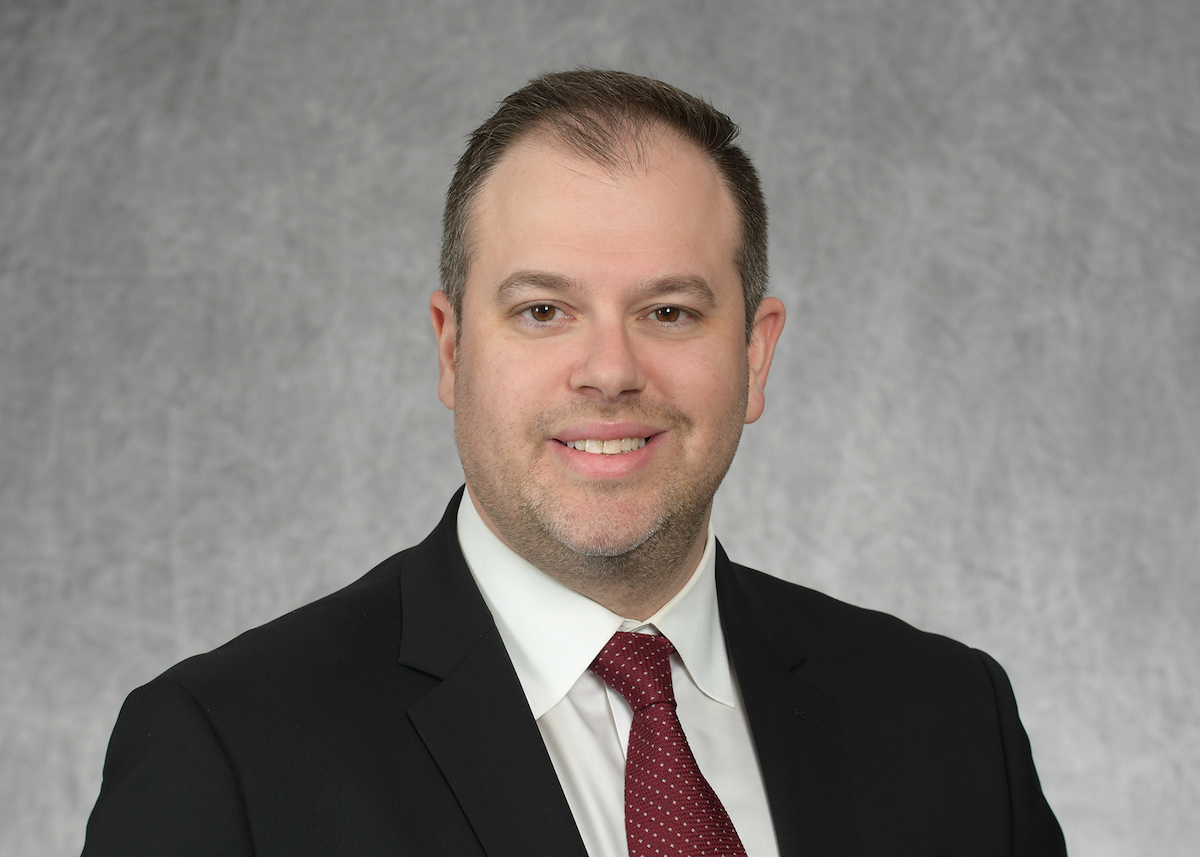Invest in yourself this summer
Our unique courses provide the opportunity for experienced educators to explore their interests while earning professional development hours and/or credit toward an advanced credential. Each class completed earns the student 3 credits. Students not interested in earning credits toward a graduate degree may audit the class for a reduced fee. No prerequisites are required. See the list below for course descriptions.
5 week courses
Trauma Informed Counseling (COUN 521)
Runs July 1 to August 15.
This course takes the knowledge of trauma-informed practice in the counseling profession to the cultivation and implementation of trauma-informed practices in various counseling settings. The course will provide an introduction and more in depth understanding of various trauma-informed models such as the Sanctuary Model, and how to work with various systems to implement trauma-informed practices. Specifically, leadership will be a major component of the course, as discussion and assignments will focus on how to implement and educate others in agencies or educational settings on how to adapt a trauma-informed culture in the setting.
Teaching and Learning Earth and Space Science (CURR 642)
Runs July 8 to August 23.
This course provides an in-depth study of content and pedagogy for understanding selected earth and space science topics aligned with state and national standards. The course will be structured around big ideas identified in standards. While addressing the content, emphasis will also be placed on: effective instructional strategies and science practices through the use and study of such practices and strategies.
Research and Survey of Texts for Children and Adolescents (LITR 510)
Runs July 1 to August 6.
This course surveys developmental trends in texts for children and adolescents. Students will survey texts and resources appropriate for all ages to engage and support youth and adolescent literacy development. The class will be joined by guest children and young adult authors and artists Peter Brown (author and illustrator) and Georgia Heard (poet and educator) who will share their work, expertise and experiences. Participants will leave the course with ideas, strategies and resources for supporting literacy learners at all grade levels.
Creative, Interdisciplinary Thinking (CURR 656)
This course facilitates creative thinking through the exploration of important insights from a wide variety of disciplines in the social sciences, humanities, natural sciences, and education. The process of creative association enables participants to combine diverse, remotely associated constructs to create new products and processes. Applications of interdisciplinary thinking to curriculum and instruction are explored. These applications include novel methods for curriculum integration, discovery and development of children's interests, and instructional modifications for the gifted and talented. Exploration of concepts and processes in multiple academic domains and professional fields also provide appreciation for the domain-specific natures of giftedness and creativity.
7 week courses
Communicating Educational Data (EDUC 543)
Through this course, students will develop skills in statistical communication, incorporating data into delivery methods such as writing, public speaking, teaching, informal conversation and collaboration, programming, and graphic visualizations. Students will understand the importance of creating a data-informed culture and how it contributes to an organization’s success. They will also learn methods and strategies of how to communicate to a non-technical audience.
Conflict and Crisis Resolution in Organizations (LEAD 533)
July 1 to August 15.
Leaders face conflict and crisis in their organizations. Being effective in their resolution is an important leadership attribute. Skills that support positive and integrative outcomes include mediation, negotiation and crisis resolution skills. This course will use multiple case studies and role-playing assignments to engage students in understanding how individuals and teams handle mediation and negotiation scenarios. The course will also use multiple case studies to enhance students’ understanding of the components of effective and ineffective leadership for crisis.
For more information contact:
Director of Graduate, Continuing Education Admission, and University Partnerships
Ciambelli Hall
selevin [at] rider.edu
609-896-5000 ext. 7754

